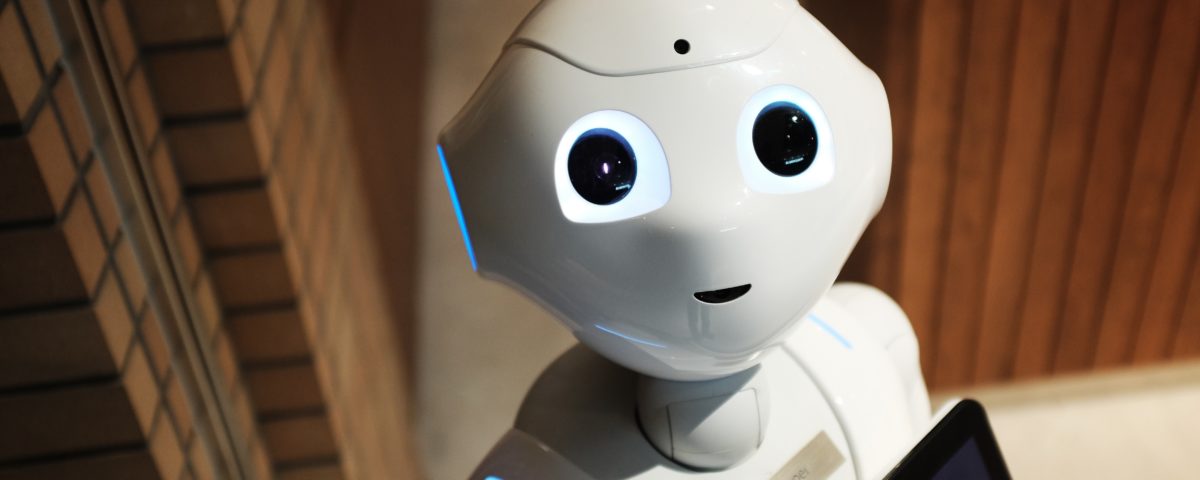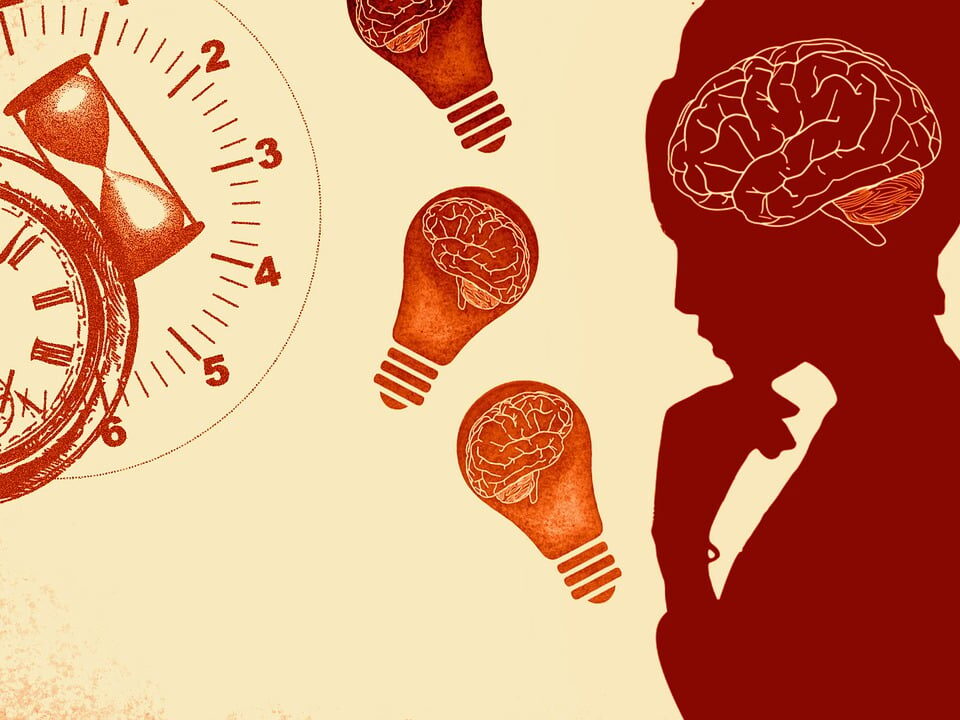@2024 Wendy Scheuring,
5.8.2024, Revised. @2023 Wendy Scheuring (Human Writer) 5.16.2023
Since late 2022, many people (some writers, most not) have become mesmerized by the abilities of Chat GPT to write something for them, or at very least, come up with ideas which they can patch up and improve upon later. They ask the app to write them a story, content, or even a book and they get a very quick, grammatically correct copy albeit writing that is severely lacking in flavor and creativity.
While this seems novel and fun, my concern is that people will stop being able to think for themselves and ask a machine to think for them, which they are already doing without thinking of the consequences.
I learned this by being active on a variety of discussion boards where people are thrilled to be using Chat GPT because it helps them come up with ideas, which they edit later on. They check facts. They improve the language. They try to change the wording so that the piece reflects their style. But, the writing lacks their personality.
Why are they doing so? Is this a good idea?
If you’re curious and would like to see what Chat GPT can do for you. Why not? Just know, however, that anything and everything you tell Chat GPT will no longer be kept under wraps. Telling ChatGPT is like telling your nosy next door neighbor your story idea and then asking them not to tell anyone. It’s a secret, right? Well, once you “tell” ChatGPT your story, the cat’s out of the bag. It’s now part of the collective and anyone can have access to your ideas.

ChatGPT scrapes the internet for content, good or bad. It takes the ideas you tell it, too!
This is because ideas are not copyrighted. You cannot claim them as your own. Only writing by a human currently can be copyrighted. There are some who say they do not care if their work is copyrighted. They forego the copyright protection. But that protection is tantamount to authors whose work, name, reputation, can be stolen and infringed upon. That means someone else can steal your work, use it, distribute it, and even profit from it. That’s what U.S. copyright law is for. Protection!
Did you know that ChatGPT is a collection of information, mostly mined by internet scraping. Could some of what it scrapes be copyrighted material? There are lawsuits that state this is surely the case. Take, for example, the fact that 17 high profile authors have joined a lawsuit filed by The Author’s Guild against Open AI , including John Grisham and Jodi Picoult.
Obviously, ChatGPT doesn’t always get the facts straight.
So, for those naive authors who are going to ask Chat GPT to write a story or book, there will be consequences.
Why?
First of all, Chat GPT does get things grammatically correct most of the time (just like other AI-generated tools, such as Grammarly.) But grammar has nothing to do with writing. Grammar-based writing can be dull and drab and lack personality. The beautiful thing about writing is knowing the rules and knowing how to break them for effect, something we call artistic license. This something that ChatGPT and other AI-tools simply cannot do because they lack a human heart and emotion.
Secondly, most readers will not take you seriously as an author or an authority if they know you wrote using an AI tool, such as Chat GPT. They may think you are a hack. Sorry, but it’s true.
How will they know? It will be boringly (is that a word?) obvious.
And, thirdly, you cannot copyright anything you write with ChatGPT. Well, yes, you can, sort of. But the relationship status is quite “complicated.”
Human authorship is the result of our (human beings) mental creation but also our (human beings) spiritual creation. It’s something we can’t really put our finger on but it is something we can sense and feel.
If you used AI to help you write your book or story, and you patched some areas up with your own ideas, you can still apply for U.S. copyright. But you must denote every section that you created with the help of AI. That could be a sticky situation and again, quite complicated, and definitely, not fun.
Copyright infringement, however, is the least of your worries.
For those authors who have something deep to express, AI really will not be able to help. AI cannot detect or feel what’s in the human soul. It doesn’t understand your longing to get the story from your heart onto the page, what you’ve learned along your life path. It doesn’t understand your experiences and how you interpret them. It does not know the story within you that is yet to be mined.
It is a tool and only a tool at that.
To would-be and current writers, do not rob yourself of the joy of discovering your own message and meaning. This is a process that requires self-awareness via introspection, a coming to the surface of treasures lying deep within you. It is a meditative process, a healing process, and a learning process of which you should not be denied.
Yes, AI can tell a story if you ask it to, but it can’t tell you a “story.”
By “story” I mean a message that others can enjoy and emulate, connect with, feel and interpret, and become all the better by reading it. A “story” is something created and understood from the author and transmitted from heart to heart. AI is a scarecrow. It is cute and fun, but it does not have a heart.
Want to know more about my 21-day writing program entitled, write a book in 21 days: by discovering the story within?







